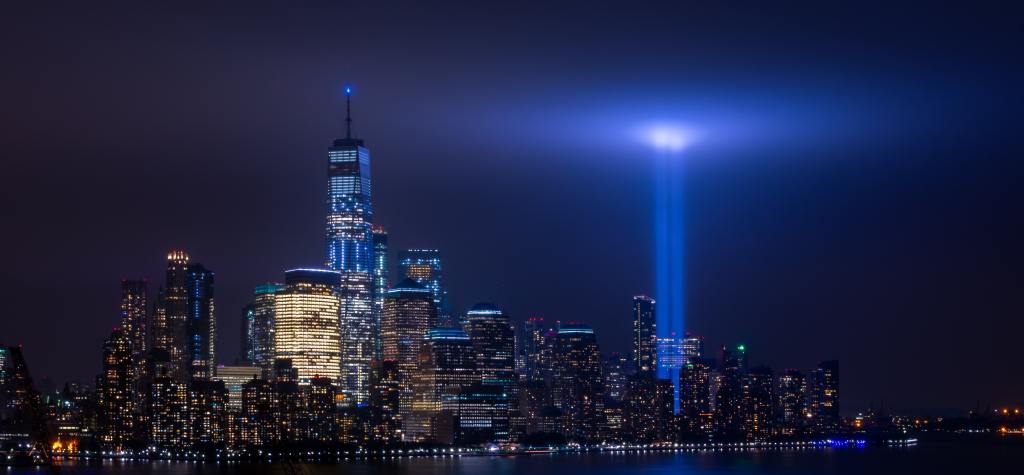
Last weekend, we passed the 20th anniversary of the terrorist attacks of September 11, 2001. As a native New Yorker who was in New York on that day, I find it hard to believe that twenty years have already passed since then.
I talk about that day from a variety of different perspectives. I talk about that day from the perspective of someone who suddenly lost two friends, as two of the firefighters I used to talk with as a little child died on 9/11. I talk about that day from the perspective of a New Yorker, since I was a resident of Queens when the attacks happened (and even saw some of the smoke on my street). I talk about that day from the perspective of a seven-year-old, as there are certain things I remember vividly and certain things I don’t remember at all because I was so young when it all happened.
But in this blog post, I want to write from the perspective of someone who lives in a neighborhood and a city that became a ground zero for anti-Muslim and anti-Sikh violence ever since the attacks, even if I didn’t realize it for years.
I want to write from that perspective because I want people, including people who don’t think of Islam favorably, to realize just how destructive these anti-Islamic sentiments (and by extension anti-Sikh sentiments, as Sikhs are often mistaken for people practicing Islam) could be.
It is the sort of sentiment which led to someone trying to throw a Molotov cocktail into a mosque not long after 9/11.[1] It is the sort of sentiment which led to Muslims in my area being spat upon and harassed by passers-by, only to get unsympathetic responses from the very people supposed to protect their public safety (as well as others’ safety): the police.[2] It is the sort of sentiment that led my own mom to receiving dirty looks and muttered comments once when she wore her winter scarf in a way that some mistook as her being Muslim. And it is the sort of sentiment that became so pervasive in America that President George W. Bush felt the need to denounce anti-Muslim harassment happening in the days after 9/11.[3]
Sikhs have become victims of this anti-Islam sentiment, often because many Sikhs (and particularly Sikh men) wear turbans, and because of the wearing of turbans Sikhs are often mistaken for Muslims. As a result, Sikhs have also been victims of anti-Islamic sentiment even though they don’t practice Islam. As a result, Sikhs in my neighborhood were beaten up over and over again in the months and years after 9/11. One noted story of a Sikh beating in my neighborhood happened while he was heading back from a Sikh temple where he prayed for 9/11 victims.[4]
The hatred directed at Muslims and Sikhs was so bad that people from those two religious groups honestly feared going out after 9/11, and at times still have to be cautious when they are out. It got so bad that some of the Sikhs in my neighborhood, after 9/11, felt they needed to wear buttons saying “I am a Sikh American” in order to try and “prove” to a skeptical audience that they were every bit as deserving of being out and about as anyone else. It was so bad that a kid who took karate with me—a kid from a Muslim family—had to drop out of karate classes and minimize the amount of time they spent out in public for months after 9/11 because the family of the kid was that scared of going out in public.
Do I mourn for all those lost on 9/11? Absolutely. I mourn for all who lost their lives on that day, including the two firefighter friends of seven-year-old me. But I also mourn because of the anti-Sikh and anti-Muslim sentiment that has been directed at so many innocent people since then, and still carries on to this day. And I believe others should mourn for that, too.
[1] https://www.nbcnews.com/id/wbna3067562
[2] https://www.mbda.gov/sites/default/files/migrated/files-attachments/September_11_Backlash.pdf
[3] http://www.cnn.com/2001/US/09/17/gen.hate.crimes/
[4] https://qns.com/2001/09/ignorant-teens-beat-sikh-in-richmond-hill/
